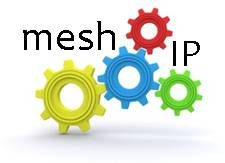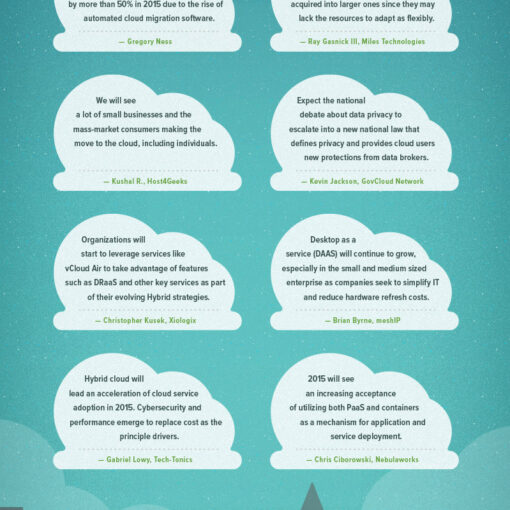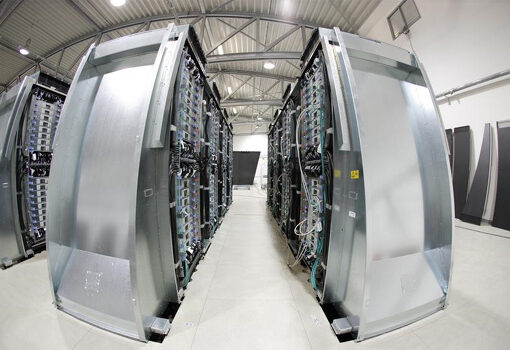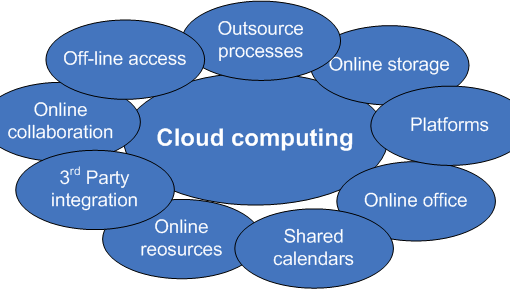 As a result of two rulings, each effective July 1, 2015, the city of Chicago will attempt to tax the “Cloud” more directly and comprehensibly than any other U.S. jurisdiction. On June 9, 2015, the Chicago Department of Finance (the “Department”) issued rulings regarding (1) the application of the city’s Personal Property Lease Transaction Tax (the “Lease Transaction Tax”) to nonpossessory computer leases and (2) the application of the city’s Amusement Tax (the “Amusement Tax”) to electronically delivered amusements. (The Lease Transaction Tax and the Amusement Tax are each imposed at a 9% rate.)
As a result of two rulings, each effective July 1, 2015, the city of Chicago will attempt to tax the “Cloud” more directly and comprehensibly than any other U.S. jurisdiction. On June 9, 2015, the Chicago Department of Finance (the “Department”) issued rulings regarding (1) the application of the city’s Personal Property Lease Transaction Tax (the “Lease Transaction Tax”) to nonpossessory computer leases and (2) the application of the city’s Amusement Tax (the “Amusement Tax”) to electronically delivered amusements. (The Lease Transaction Tax and the Amusement Tax are each imposed at a 9% rate.)
Both rulings are staggering in their breadth. For example, the Amusement Tax ruling will extend the tax to streaming services for music, movies, games, and the like, as well as satellite TV delivered to a customer located in Chicago. However, the ruling does not impose the Amusement Tax on the same content when it is permanently downloaded by a consumer. The Lease Transaction Tax ruling extends the tax to the online procurement of real estate listings, car prices, stock prices, economic statistics, and “similar information or data that has been compiled, entered and stored on the provider’s computer.” In addition, under the ruling, the Lease Transaction Tax will apply to the online procurement of “word processing, calculations, data processing, tax preparation” and “other applications available to a customer through access to a provider’s computer and its software.” In the ruling, the Department expressly notes that these “examples are sometimes referred to as cloud computing, cloud services, hosted environment, software as a service, platform as a service, or infrastructure as a service.”
City of Chicago Tax Enforcement It is important to note that both the Amusement Tax and the Lease Transaction Tax are, technically, imposed on the consumer. Both rulings explicitly avoid the issue of whether a provider of electronically delivered amusements, or the “lessor” of the computer in a non-possessory computer lease, has sufficient nexus with the city to require them to collect either tax. However, once the Department begins to audit and assess customers located within the city, many of those customers are likely to demand that providers collect the tax going forward. As a result, many providers will likely feel the need to register to collect the taxes, despite lacking nexus, and despite having strong arguments against the Department’s expansive interpretation of its taxing ordinances.
Notwithstanding the fact that each ruling has a July 1, 2015, effective date, the Department states in each ruling that it will limit the effect of the ruling to periods on or after September 1, 2015, to “allow affected businesses to make the required system changes.” However, the Department views each month in which a payment is made to be a separate rental or amusement period or transaction and, despite the September deferral, each ruling also states that the deferral “does not release or otherwise affect the liability of any business that failed to comply with existing law before the date of this ruling.” Consequently, it is unclear what protection the city’s September deferral actually offers, except perhaps a moratorium on active enforcement by the city.
Analysis and more here
- The Customer Edge Drives the Need for NaaS - June 25, 2023
- Blockchain Evolves And Secures - January 13, 2019
- Bessemer Ventures’ 2018 Cloud Computing Trends - February 25, 2018




